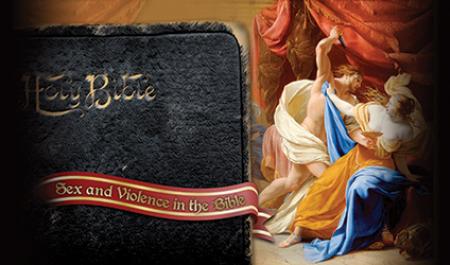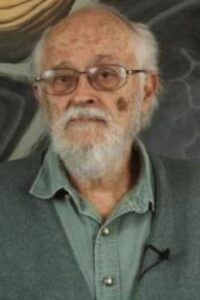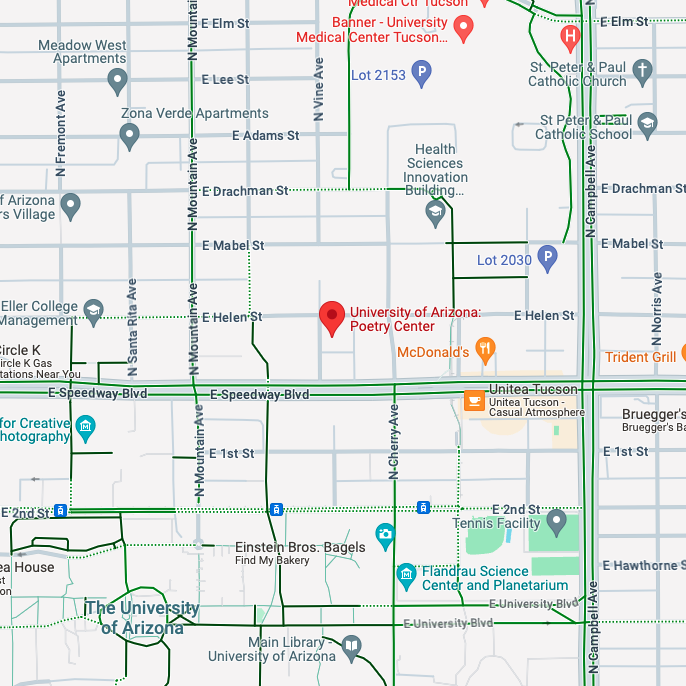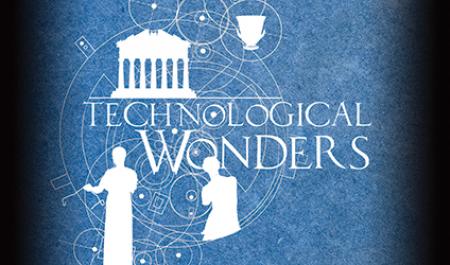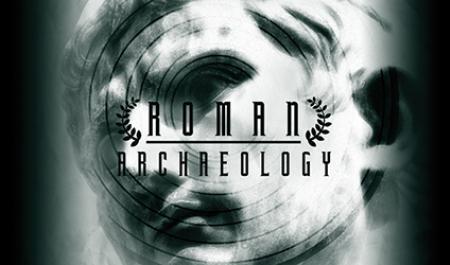What’s really in the Bible? As opposed to what we’ve been told by well-meaning but often not well-informed parents, clergy, and others? This course provides an innovative look at many instructive and amusing aspects of this most consequential book in Western culture. It examines clichés and received wisdom about the text, with a view to replacing widely accepted readings with students’ own more informed and insightful revisionings of the book. Not your average Bible reading class, this course aims to explore many controversial and contested passages, and to explode preconceived and ill-considered views about them.
For instance, did you know that Moses and Aaron were born of incest? That Abraham allowed his wife–who was his half-sister–to serve in the harems of two kings? That God tried, after browbeating Moses into leading the exodus, to kill him–with no warning or explanation?
And there are more surprises:
The sin of Onan had nothing to do with masturbation, but was instead his refusal to impregnate his brother’s widow.
Judah, ancestor of the greatest tribe of Israel, ordered his daughter-in-law to be burnt for harlotry, but desisted when he was exposed as one of her customers.
David said that his love for Jonathan, Saul’s son, was “passing the love of women.”
After becoming king, David committed adultery and then murder to cover it up.
Solomon had his older brother, the rightful heir to the throne, executed on a trumped-up charge involving yet another concubine of David.
Even in the New Testament Jesus says, “Think not that I am come to send peace on earth; I came not to send peace, but a sword. For I am come to set a man at variance against his father, and the daughter against her mother.”
The course will examine explanations for these and other Biblical “problems” with the help of recent scholarship. To see the Bible in its depth and complexity, we will look at its blunt, earthy vigor and surprising treatments of God as a character in these stories: hence the focus on texts that are shocking, lurid, or simply inexplicable.
We will begin with the complex of legends about Moses and the possible historical reality behind his story. Then we will go back to the legends of Genesis, dominated by fratricidal conflict. Next, we follow the linked themes of warriors versus shepherds through several books, including the insistence that God is the true warrior-king and that human kingship is an affront to him. Finally, we arrive at David, who is the great ambiguous figure in the Bible. Additionally, we will explore why the Bible had such a formative effect on Western culture, one that transcends all the religious formulations that sought to embody it.
If you are open-minded and can tolerate my love of digressions (which I share with Holden Caulfield) and of sarcasm (my college major), you are welcome. Bring a Bible: any translation will do.

